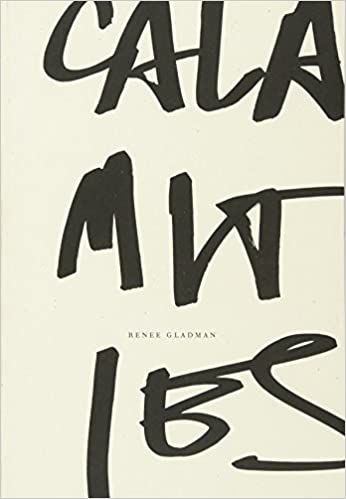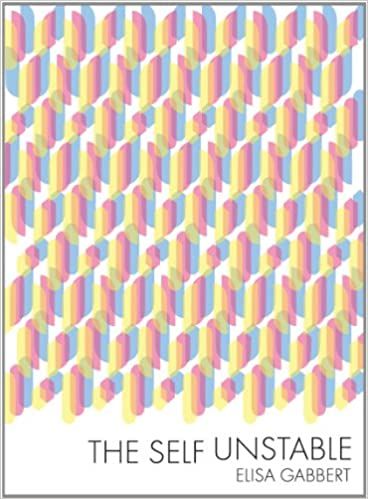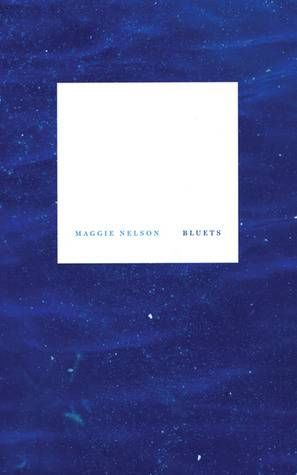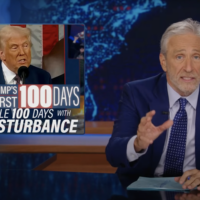Essays come in a bewildering variety of shapes and forms: they can be the five paragraph essays you wrote in school — maybe for or against gun control or on symbolism in The Great Gatsby. Essays can be personal narratives or argumentative pieces that appear on blogs or as newspaper editorials. They can be funny takes on modern life or works of literary criticism. They can even be book-length instead of short. Essays can be so many things!
Perhaps you’ve heard the term “lyric essay” and are wondering what that means. I’m here to help.
What is the Lyric Essay?
A quick definition of the term “lyric essay” is that it’s a hybrid genre that combines essay and poetry. Lyric essays are prose, but written in a manner that might remind you of reading a poem.
Before we go any further, let me step back with some more definitions. If you want to know the difference between poetry and prose, it’s simply that in poetry the line breaks matter, and in prose they don’t. That’s it! So the lyric essay is prose, meaning where the line breaks fall doesn’t matter, but it has other similarities to what you find in poems.
Lyric essays have what we call “poetic” prose. This kind of prose draws attention to its own use of language. Lyric essays set out to create certain effects with words, often, although not necessarily, aiming to create beauty. They are often condensed in the way poetry is, communicating depth and complexity in few words. Chances are, you will take your time reading them, to fully absorb what they are trying to say. They may be more suggestive than argumentative and communicate multiple meanings, maybe even contradictory ones.
Lyric essays often have lots of white space on their pages, as poems do. Sometimes they use the space of the page in creative ways, arranging chunks of text differently than regular paragraphs, or using only part of the page, for example. They sometimes include photos, drawings, documents, or other images to add to (or have some other relationship to) the meaning of the words.
Lyric essays can be about any subject. Often, they are memoiristic, but they don’t have to be. They can be philosophical or about nature or history or culture, or any combination of these things. What distinguishes them from other essays, which can also be about any subject, is their heightened attention to language. Also, they tend to deemphasize argument and carefully-researched explanations of the kind you find in expository essays. Lyric essays can argue and use research, but they are more likely to explore and suggest than explain and defend.
Now, you may be familiar with the term “prose poem.” Even if you’re not, the term “prose poem” might sound exactly like what I’m describing here: a mix of poetry and prose. Prose poems are poetic pieces of writing without line breaks. So what is the difference between the lyric essay and the prose poem?
Honestly, I’m not sure. You could call some pieces of writing either term and both would be accurate. My sense, though, is that if you put prose and poetry on a continuum, with prose on one end and poetry on the other, and with prose poetry and the lyric essay somewhere in the middle, the prose poem would be closer to the poetry side and the lyric essay closer to the prose side.
Some pieces of writing just defy categorization, however. In the end, I think it’s best to call a work what the author wants it to be called, if it’s possible to determine what that is. If not, take your best guess.
Four Examples of the Lyric Essay
Below are some examples of my favorite lyric essays. The best way to learn about a genre is to read in it, after all, so consider giving one of these books a try!
Don’t Let Me Be Lonely: An American Lyric by Claudia Rankine
Claudia Rankine’s book Citizen counts as a lyric essay, but I want to highlight her lesser-known 2004 work. In Don’t Let Me Be Lonely, Rankine explores isolation, depression, death, and violence from the perspective of post-9/11 America. It combines words and images, particularly television images, to ponder our relationship to media and culture. Rankine writes in short sections, surrounded by lots of white space, that are personal, meditative, beautiful, and achingly sad.

Calamities by Renee Gladman
Calamities is a collection of lyric essays exploring language, imagination, and the writing life. All of the pieces, up until the last 14, open with “I began the day…” and then describe what she is thinking and experiencing as a writer, teacher, thinker, and person in the world. Many of the essays are straightforward, while some become dreamlike and poetic. The last 14 essays are the “calamities” of the title. Together, the essays capture the artistic mind at work, processing experience and slowly turning it into writing.

The Self Unstable by Elisa Gabbert
The Self Unstable is a collection of short essays — or are they prose poems? — each about the length of a paragraph, one per page. Gabbert’s sentences read like aphorisms. They are short and declarative, and part of the fun of the book is thinking about how the ideas fit together. The essays are divided into sections with titles such as “The Self is Unstable: Humans & Other Animals” and “Enjoyment of Adversity: Love & Sex.” The book is sharp, surprising, and delightful.

Bluets by Maggie Nelson
Bluets is made up of short essayistic, poetic paragraphs, organized in a numbered list. Maggie Nelson’s subjects are many and include the color blue, in which she finds so much interest and meaning it will take your breath away. It’s also about suffering: she writes about a friend who became a quadriplegic after an accident, and she tells about her heartbreak after a difficult break-up. Bluets is meditative and philosophical, vulnerable and personal. It’s gorgeous, a book lovers of The Argonauts shouldn’t miss.
It’s probably no surprise that all of these books are published by small presses. Lyric essays are weird and genre-defying enough that the big publishers generally avoid them. This is just one more reason, among many, to read small presses!
If you’re looking for more essay recommendations, check out our list of 100 must-read essay collections and these 25 great essays you can read online for free.
Source : An Introduction to the Lyric Essay












